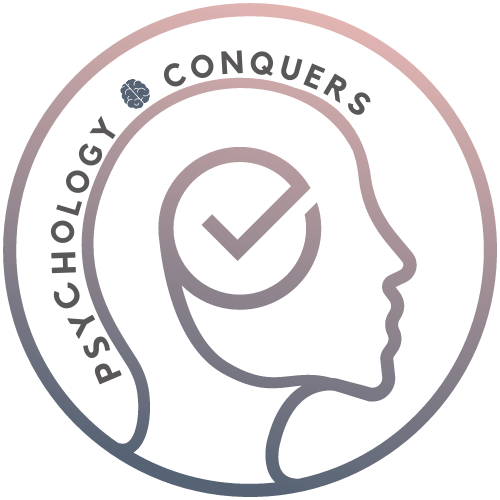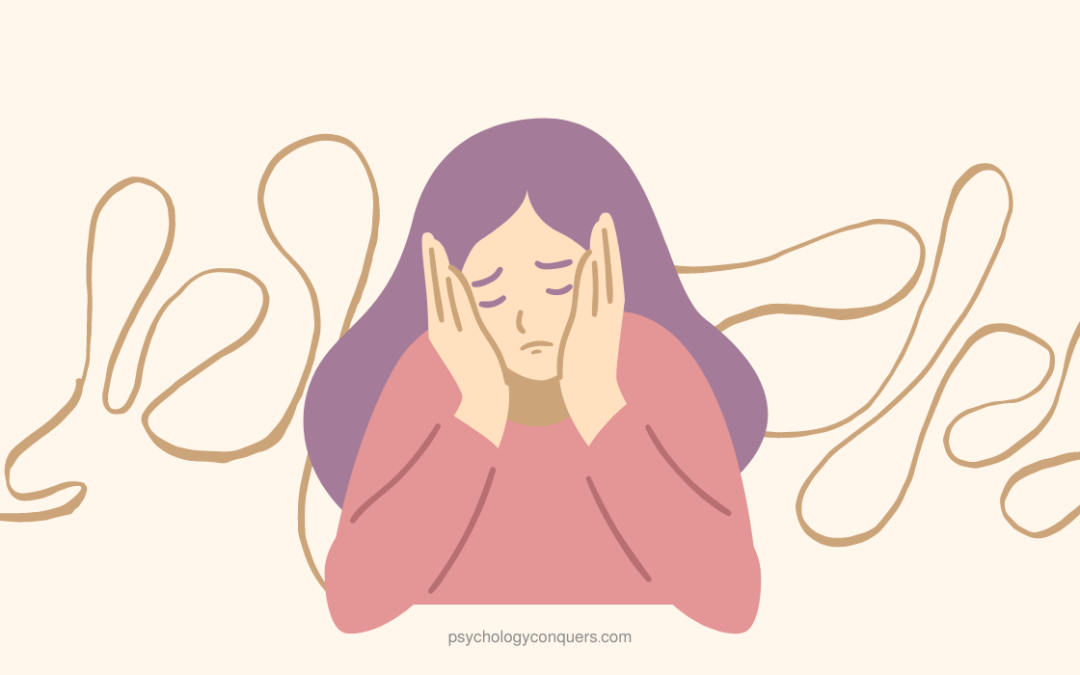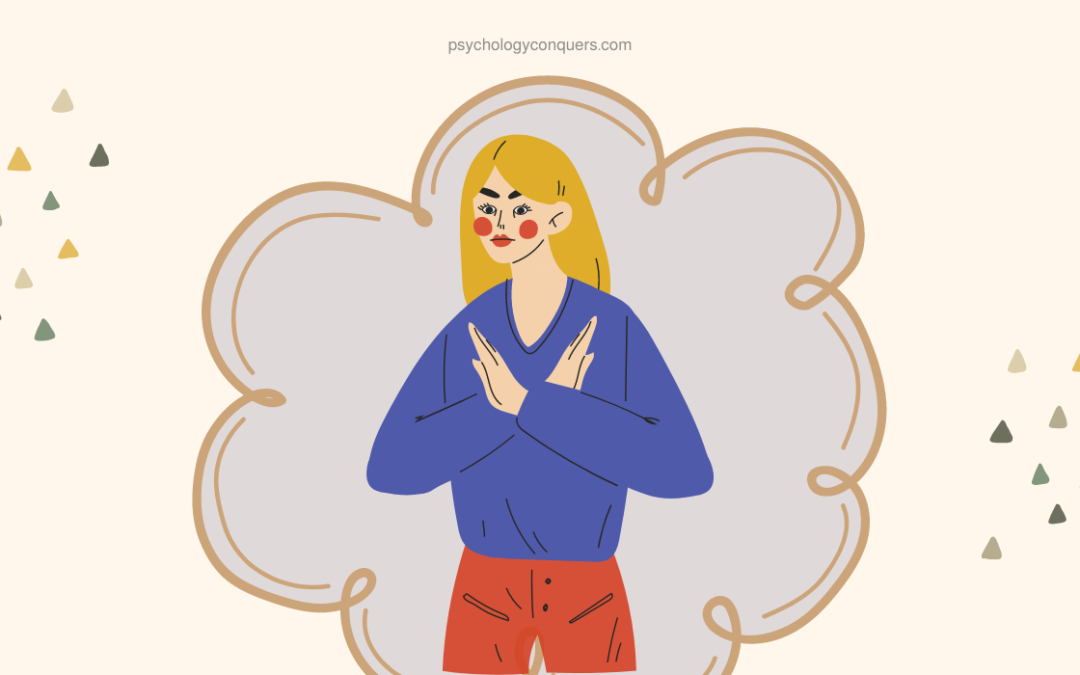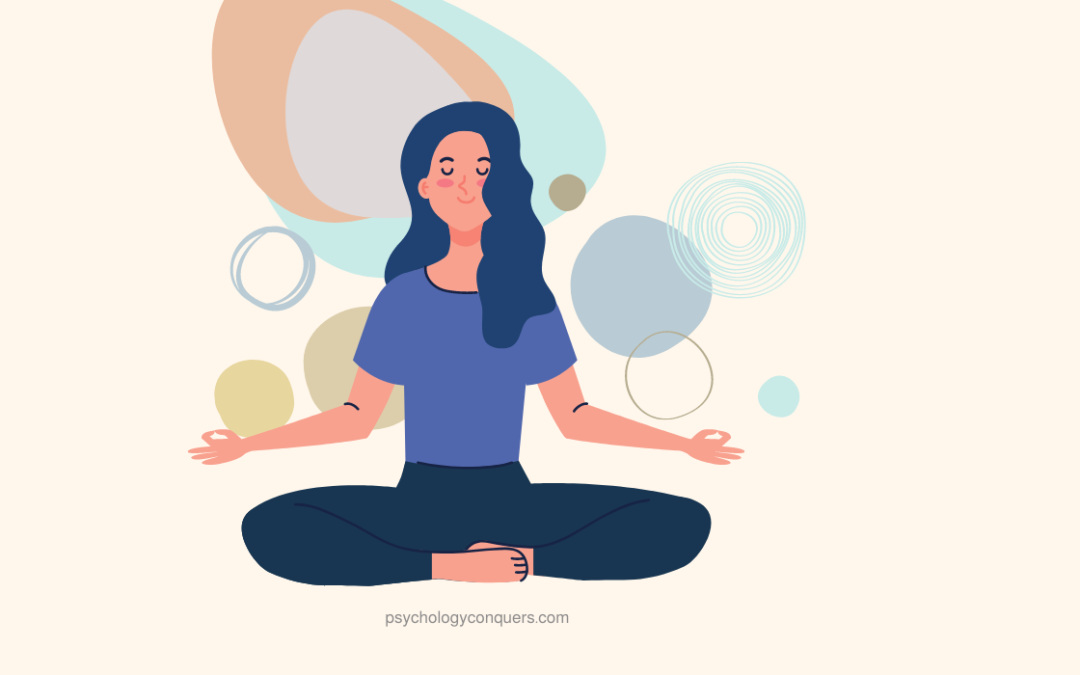
What is Self-Awareness and How You Can Develop It
Self-Awareness might be a term used by several psychologists, therapists, coaches, and other professionals in the world of self-help or personal development. It is widely used, yet the power of self-awareness isn’t much recognized. When you think about it, gaining insight about yourself is powerful because it helps you know what you want and what you don’t want. But the question is, how do you maximize this? Do you know the ways on how to increase self-awareness?
We’ll dive into that more profound, but to understand it first,let’s go to the basics.
What is Self-Awareness?
Self-awareness is a skill on which you can understand yourself clearly. It is gaining insight on how people understand you, how you fit into the world and the comfort in knowing oneself. When you are highly self-aware, you have more confidence, becomes more effective and perform better at work.
In a TED Talk I’ve watched recently; the speaker talked about having two types of people in this world.
- Think they are self-aware – These people analyze themselves too much but never gain insight about themselves.
- Those who actually are – These people use to reflect about themselves and do something with their insight.
People come to me, and a few of them would already know why they are feeling that way. Some would even mention something about their childhood or some traumatic experience they have from the past. That’s an excellent start. Step 1 is always about being aware of yourself. But the question is, do you stop at that point?
It has many benefits that would help you not just now, but in the future too.
Benefits of self-awareness
- Gain accountability with yourself:
Some people are ignorant, or sometimes they could just be in denial. They complain why is their life the same over and over. You would expect that there’s some big answer out there, but you can’t expect your life to change if you’re not changing something in yourself when you think about it. And the first step to that change is the insight you’ll have about yourself.
It could be the way you respond, the way you deal with things, your perspectives, and your motivation. Your life shifts when you do something differently. Once you know which habits or things you would like to adjust, then you become accountable with yourself. That’s what self-awareness is all about. It doesn’t just make you realize things; it also pushes you to do something and act on them.
2. Face repressed emotions and thoughts bravely:
This is one of the biggest things when it comes to self-awareness. You might encounter repressed emotions and feelings that has been there all along. Some of it might be nasty, some of it you’ve never knew existed. But here’s the thing, if you don’t decide today to face those repressed emotions, sooner or later, it will resurface again.
So what do you do? Would you run away from it forever? When you ask yourself questions in order to understand you, facing them with acceptance and without judgment is a way to love yourself and let it go completely.
3. Understand and accept who you are:
Self-awareness helps you to understand the why behind your behavior. Of course, there are memories or instances that you can’t exactly remember your childhood or past experiences, but as you take Inventory of yourself, you’ll begun to see what triggers you have. And when you know that, you can also find a way how to handle those triggers. It is in being true to who you are that you can have the chance to love yourself fully.
4. Empowers you to act: As mentioned, awareness helps you to have deeper knowledge and greater wisdom. If you see that your current habits or perspectives are no longer working for you, then you can change that and act upon it. However, that can only be done if you are aware at first.
5 Ways to cultivate self-awareness
- Solitude – creating space and time for yourself. The world is so noisy, with gadgets all around us, notifications buzzing, phone calls about work, everything is just happening all at once. Not including a time to pause is hard too.
Without taking some time to stop, we forget to look at our days and evaluate. Solitude can look like an overnight somewhere where you’re able to contemplate about your month or your year and plan ahead of what changes you want to do or the goals you want to set. Solitude is like intentionally setting day or days to pivot and to check in with yourself. Remember that busyness could take us away from the most important things.
2. Mindfulness meditation – Another way to cultivate self-awareness is through mindfulness where we take 10 minutes during the day to focus on our breath, or on the present moment. This is important because our minds can go on autopilot, or sometimes we resort to negative thinking or overthinking. But just being breaking this habit grounds us, and helps us to see better. Instead of reacting to what’s happening around us, we carefully respond. And that takes a lot of self-awareness practice.
3. Journaling – Journaling is not a new strategy. For sure, you’ve heard a lot about this from people or friends. Through journaling, you’ll be able to process your thoughts Here are some journal prompts that you can use:
Daily Journal:
- What am I feeling right now and why?
- What frustrated me today?
- What can I do better tomorrow?
Monthly Journal Prompts:
- What goals do I have for the month?
- Which goals I wasn’t able to achieve last month? What can I do about it?
- Whom can I ask help from?
- What are the things I’m learning this month?
Yearly Journal Prompts:
- 1 as the lowest, 10 as the highest? How do you rate your year?
- What are your lowlights and highlights?
- What are you looking forward to in the next year?
- What are your action steps to reach your goal?
4. Listening without judgment – This is a very important step when it comes to self-awareness. A lot of times, you will be trapped to analyze yourself over and over. Of course, it’s inevitable that you want to make sense of what you feel and what you think. However, thinking patterns have been influenced by culture, upbringing, social norms, etc. that have affected us subconsciously.
But also, a lot of times, what you feel, what you think, there’s a certain degree that was influenced by culture, the way you were raised, your upbringings, your parents, the social circle you had when you were a kid, the time you were bullied and the list goes on.
It’s good that you know the root cause of your behaviors, but then analyzing without thinking the steps to move forward would just leave you stagnant. The next time a thought comes to mind, a certain behavior your realize, a habit that you’ve been doing, be curious about it, yes, but look at it in the third person point of view. And ask yourself, is this thought or behavior good for me?
5. Ask from trusted people – A third person’s point of view wouldn’t hurt at all. Sometimes you might have blind spots you don’t see especially with work. Asking for feedback about your decisions or about your performance or work could lead you to better insight. Just remember that these feedback about your work or behavior doesn’t define who you are.
Debunking myth of self-awareness
A lot of people for the research made by Dr. Tasha Eurich here thought they were highly self-aware, but they really aren’t. They would do introspection which is the ability to consciously examine our thoughts, feelings, motives, and behaviors. But this doesn’t necessarily mean it’s helping them.
From the research they made, people who introspected were more stressed and depressed, less satisfied with jobs, less in control. It seemed like the more they introspected, the more they experience negative consequences. And they found out that it’s because of one tiny factor: the method of doing it.
People would usually ask themselves why. And when they do, self-analysis happens. But when you ask yourself “why” it doesn’t always lead to the truth. According to Dr. Tasha Eurich:
- No matter how hard we try, we can’t excavate our unconscious thoughts. We invent answers that feels true.
- Leads us away from our true nature. Asking why can creates alternative facts, overtime, leading us away from who we really are.
Action Steps
The challenge now is to do this differently. You shouldn’t be asking yourself why, but “WHAT”. Why questions trap us. What questions make us move forward.
The bottom line is that when we ask why , that is, examine the causes of our thoughts, feelings, and behaviors , we are generally searching for the easiest and most plausible answer. Sadly, though, once we have found one, we generally stop looking—despite having no way of knowing whether our answer is right or wrong. Sometimes this is a result of something called “confirmation bias,”
Tasha Eurich
Less self-reflection, More Insight
There are so many things that you could learn the book Insight. But the very simple thing that you should always keep in mind is that self-reflection and insight are 2 different things.
Self-reflection is the process on which you pay attention to your thoughts, behaviors, emotions and decisions. Insight, on the other hand, means gaining deep understanding of a person or a thing and being moved to act. Self-reflection should lead you to better and more insight, not more self-reflection. As what mentioned in this blog, it’s all about not being trapped in your own thoughts but knowing how to go forward





